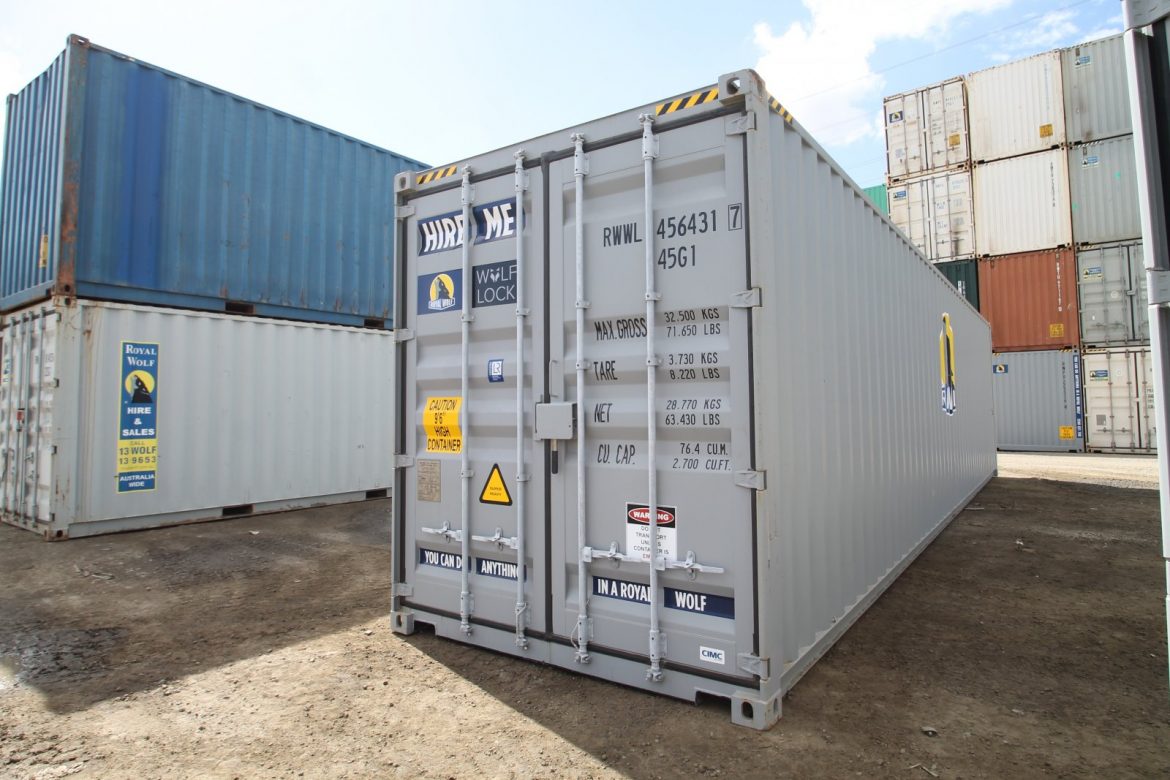Transporting liquid cargo efficiently and safely is crucial in various industries, including chemical, oil and gas, and food and beverage. In this blog post, we will delve into the four most effective methods for transporting liquid cargo. These methods not only ensure the integrity of the cargo but also optimize logistics and minimize costs. Let's explore these innovative ways to transport liquid cargo.
- Tanker Trucks:
Tanker trucks are a common and versatile method for transporting liquid cargo. These specially designed vehicles have large tanks that can hold a significant volume of liquid. Tanker trucks are widely used for short to medium-distance transportation, offering flexibility and accessibility to various locations. They are commonly employed in industries such as petroleum, chemicals, and water supply. With proper safety measures and regulations in place, tanker trucks provide a reliable and efficient solution for liquid cargo transportation. - Rail Tank Cars:
Rail tank cars are an efficient and cost-effective option for long-distance liquid cargo transportation. These specialized railcars are designed to carry large volumes of liquid cargo, such as petroleum products, chemicals, and liquefied gases. Rail transportation offers several advantages, including high capacity, reduced fuel consumption, and lower carbon emissions compared to other modes of transport. Moreover, rail tank cars are equipped with safety features to ensure the secure transportation of hazardous materials. - Pipeline Systems:
Pipeline systems are a highly efficient and reliable method for transporting liquid cargo over long distances. They are commonly used in the oil and gas industry, where vast quantities of crude oil and refined petroleum products need to be transported. Pipeline networks offer several advantages, including continuous flow, minimal loss or contamination, and reduced transportation costs. While the initial setup of pipeline systems requires significant investment, they provide a long-term, sustainable solution for liquid cargo transportation. - Marine Tankers:
Marine tankers, also known as cargo ships or tankers, are essential for transporting large quantities of liquid cargo across oceans and seas. These vessels are specifically designed to handle various types of liquid cargo, including crude oil, chemicals, and liquefied natural gas. Marine tankers offer immense capacity, allowing for economies of scale and cost-effective transportation. However, they require careful planning, adherence to international regulations, and proper safety measures to mitigate potential risks.
Conclusion:
Efficient and safe transportation of liquid cargo is crucial for industries worldwide. By exploring the four innovative methods mentioned above - tanker trucks, rail tank cars, pipeline systems, and marine tankers - businesses can optimize logistics, reduce costs, and ensure the integrity of their liquid cargo. Each method has its advantages and considerations, depending on the specific requirements of the cargo and the transportation distance. By leveraging these advanced transportation methods, industries can enhance their supply chain efficiency and meet the demands of a rapidly evolving global market.
